Penerapan Media Permainan Kartu Domino Untuk Meningkatkan Minat Dan Hasil Belajar Peserta Didik Sekolah Dasar
Published:
2025-04-25Issue:
Vol. 1 No. 1 (2025): AprilKeywords:
Domino card game, Learning interest, Learning OutcomeAbstract
This study aims to improve the interest and learning outcomes of elementary school students by using domino card game media. This study is a Classroom Action Research (CAR). The subjects used in this study were 27 students of Elementary School 12 Mataram Class 3. Data collection techniques used were observation, tests, questionnaires and documentation. Data were analyzed using quantitative descriptive. The results of the study showed an increase in learning interest and learning outcomes of students by implementing domino card game media. This can be seen from the increase in the percentage of student learning interest before the implementation of domino card game media reached 61.4 percent which means in the good category to 87 percent which means in the very good category after receiving the implementation of domino card game media. Learning outcomes also increased with an average cognitive result of 49.9 to 78.5 with an N-Gain of 0.6 which is categorized as medium. Therefore, the implementation of domino card games in elementary schools, especially at SDN 12 Mataram, is one way to improve the quality of education at the school, which is evident in the students' enjoyment, curiosity, and enthusiasm for the learning process. Students experience a fun learning process, which leads to a deeper understanding of the material. Their enthusiasm for completing and correctly answering each question in the domino card game has resulted in improved learning outcomes.
References
Adawiyah, Auliya Robiah, dan Kowiyah Kowiyah. “ Pengembangan Media Kartu Domino Pada Pembelajaran Matematika Operasi Perkalian Siswa Sekolah Dasar.” Jurnal Basicedu 5, no. 4 (2021): 2370-76. Hhtps://doi.org/10.31004/basicedu.v5i4. 1224.
Lumbantobing, Winda Lidia, Silvester Silvester, dan Bella Ghia Dimmera. “Penerapan Media Permainan Ular Tangga Untuk Meningkatkan Minat Dan Hasil Belajar Peserta Didik Sekolah Dasar Di Wilayah Perbatasan.” Sebatik 26, no. 2 (2022): 666–72. https://doi.org/10.46984/sebatik.v26i2.2170.
Marian, Fungky, dan Medi Yansyah. “Pengaruh Penerapan Permainan Domino Terhadap Hasil Belajar Matematika Siswa.” JIPMat 6, no. 1 (2021): 14–23. https://doi.org/10.26877/jipmat.v6i1.8173.
Rahayu, S. & Pratiwi, N. A. (2020). "Media Permainan sebagai Alternatif Meningkatkan Minat Belajar Matematika." Jurnal Pendidikan Inovatif, 9(1), 87–94.
Wiradarma, K., Suarni, N., & Renda, N. (2021). Analisis Hubungan Minat Belajar terhadap Hasil Belajar Daring IPA Siswa Kelas III Sekolah Dasar. MIMBAR PGSD Undiksha,9(3), 408. https://doi.org/10.23887/jjpgsd.v9i3.39212
Author Biography
Lia Atika Wati, Universitas Mataram
License
Copyright (c) 2025 Lia Atika Wati

This work is licensed under a Creative Commons Attribution-ShareAlike 4.0 International License.
Authors who publish with Jurnal Profesi Guru Indonesia (JPGI) agree to the following terms:
- Authors retain copyright and grant the journal right of first publication with the work simultaneously licensed under a Creative Commons Attribution License 4.0 International License (CC-BY-SA License). This license allows authors to use all articles, data sets, graphics, and appendices in data mining applications, search engines, web sites, blogs, and other platforms by providing an appropriate reference. The journal allows the author(s) to hold the copyright without restrictions and will retain publishing rights without restrictions.
- Authors are able to enter into separate, additional contractual arrangements for the non-exclusive distribution of the journal's published version of the work (e.g., post it to an institutional repository or publish it in a book), with an acknowledgement of its initial publication in Jurnal Profesi Guru Indonesia (JPGI).
- Authors are permitted and encouraged to post their work online (e.g., in institutional repositories or on their website) prior to and during the submission process, as it can lead to productive exchanges, as well as earlier and greater citation of published work (See The Effect of Open Access).




